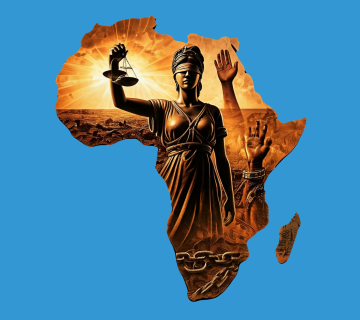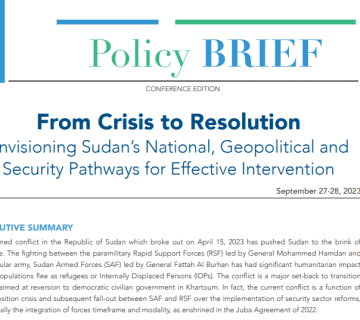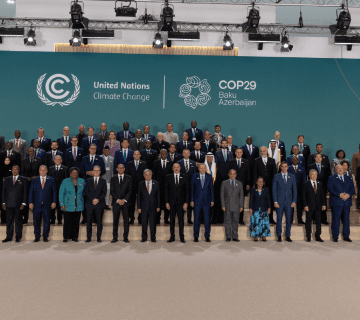When Eritrea achieved independence from Ethiopia in 1991, it enacted proclamation No.11/1991, creating the Eritrean National Service (ENS). The ENS is a national military conscription, an embodiment of the national security service. It effectively requires any Eritrean national who graduated from high school into compulsory national/military service. Originally, people were meant to be in service for a maximum of two years. However, the ENS has been open-ended since the late 1990s, effectively keeping conscripts in the service indefinitely. In 2016, the UN characterized the system as “enslavement”. This system has had a calamitous impact on Eritrean conscripts, their families, and the social fabric of the country (Kibreab, 2017). Additionally, Eritrean refugees in the diaspora mention open-ended conscription as their main reason of fleeing the country.
There are two schools of thought in the field of conscription. One sees national military service as a civic duty and as an expression of political and civic rights, which create and reproduce values that are amenable to greater cross-cultural understanding, mutual respect, national unity, and greater commitment to the common good. Additionally, proponents mention the high costs of manning professional armies compared to conscripted armies (Poutvaara & Wagener, 2007). The other school perceives compulsory national/military service as antithetic to a free society because individuals are forced against their will to undertake service at the cost of their interests and future careers. Exponents of this school argue that compulsory service is a gross violation of liberty and freedom.
Exactly why countries choose to adopt conscription is based on several factors, including cultural or ideological concerns, estimates of threat or security needs, legal origin, cost, and the nature of the labour market (Asch & Warner, 2001; Burk, 1992; Cohn & Toronto, 2017; Flynn, 1998; Kier, 1997; Levi, 1996). In the case of Eritrea, Kibreab (2017) cited the ENS’ aims as outlined by its architects as: the creation of a strong defence force able to fend off existential threats to Eritrea’s sovereignty, the use of national service as a substitute for war in order to regenerate, preserve, and to transmit national core values, and to serve as a vehicle for national unity.



